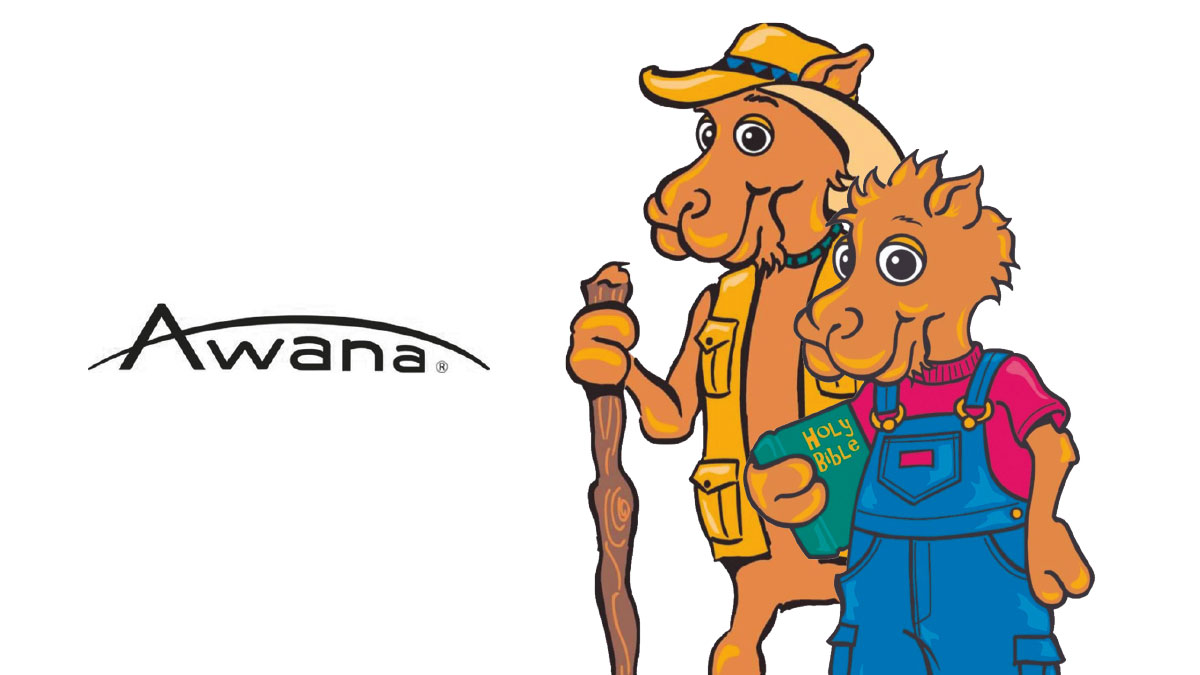Grupo Awana tiene la misión de fortalecer el carácter de los menores para que crezcan en un ambiente sano y resiliente
El grupo Awana es un ministerio de evangelización de niños y adolescentes que nació en Estados Unidos, el cual posteriormente se trasladó a Latinoamérica, donde se conformaron los clubes OANSA, que significa Obrero Aprobado No se Avergüenza, basados en segunda de Timoteo 2:15.
Este año, el 2 de julio, Awana llegó a Ciudad Juárez con la misión es hacer niños resilientes. A través de este proyecto se han beneficiado a más de 470 menores en al menos 20 iglesias cristianas de la ciudad, así como en el albergue “Operación Amigo” y cuatro comedores infantiles.
Alejar a los niños de la delincuencia
Janeth Rosales, coordinadora de la Red de Vida Juárez del grupo Awana, dio a conocer a Visionarias que esta agrupación tiene como objetivo formar niños y adolescentes basados en conceptos bíblicos, hacerlos resilientes fortalecer su carácter, a fin de alejarlos de la delincuencia y que puedan crecer en un ambiente sano.
Cambios positivos en la infancia
A pesar del poco tiempo que el programa lleva en esta frontera, la coordinadora declaró que ya han observado resultados positivos, pues en un inicio se mostraban algunos niños hiperactivos e incluso agresivos con sus compañeros, pero al acercarlos al evangelio cambian de actitud, lo cual también impacta a toda la familia.
En este sentido destacó un caso de éxito, el de un infante con trastorno del espectro autista que ha presentado mejorías en su actitud, pues ha logrado interactuar con otros alumnos, y tanto sus padres, como su médico, ya han notado la diferencia.
Si usted está interesado en contactar al grupo Awana, puede hacerlo al número 656-372-3129, con Janeth Rosales.
Through the gospel, they keep children away from violence
Awana Group has a mission to strengthen the character of minors so that they grow up in a healthy and resilient environment
Awana Group is a ministry of evangelization of children and adolescents that was born in the United States and later moved to Latin America, where OANSA clubs were formed, which stands for Obrero Aprobado No se Avergüenza, based on Second Timothy 2:15.
This year, on July 2, Awana arrived in Ciudad Juarez with the mission of making children resilient. Through this project, more than 470 minors have benefited in at least 20 Christian churches in the city, as well as in the “Operation Amigo” shelter and four children’s dining halls.
Keeping children away from delinquency
Janeth Rosales, the coordinator of the Juarez Life Network of the Awana group, told Visionarias that this group’s objective is to form children and adolescents based on biblical concepts, make them resilient, and strengthen their character to keep them away from delinquency so that they can grow up in a healthy environment.
Positive changes in children
Despite the short time that the program has been in this border, the coordinator declared that they have already observed positive results because, in the beginning, some children were hyperactive and even aggressive with their peers. Still, by bringing them closer to the gospel, they change their attitude, impacting the whole family.
In this sense, he highlighted a case of success, that of an infant with autism spectrum disorder who has shown improvements in his attitude since he has interacted with other students, and both his parents and his doctor have already noticed the difference.
If you want to contact the Awana group, you can do so at 656-372-3129 with Janeth Rosales.

